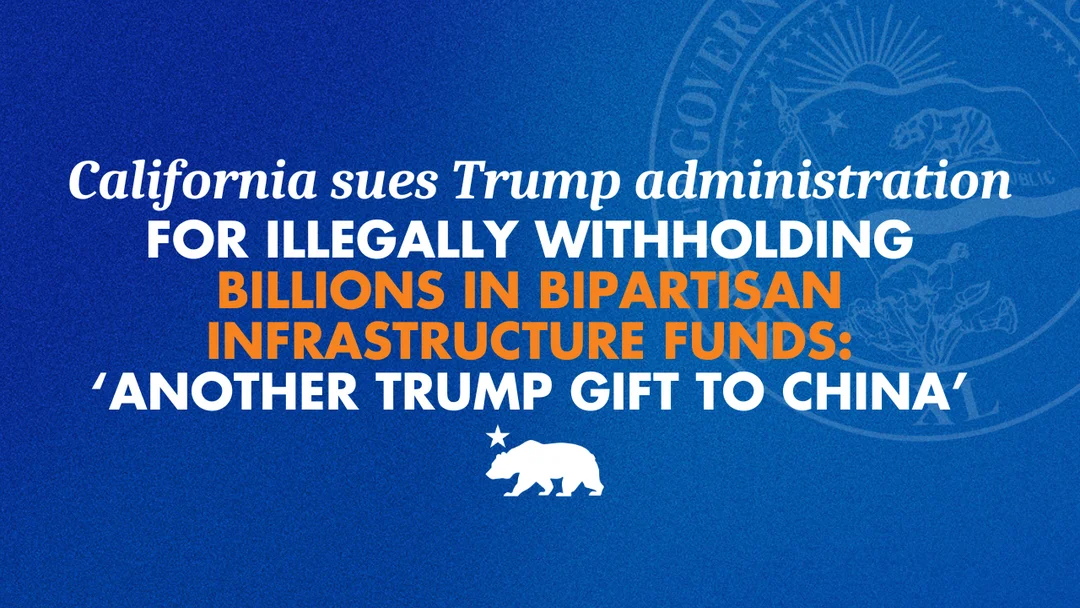
Is Trump’s EV Funding Freeze a Boon for China? States Gear Up for Battle
In a bold move highlighting the clash between environmental progress and political agendas, a coalition of states led by California has launched a lawsuit against the Trump administration. At stake is $5 billion in federal funds earmarked for electric vehicle (EV) charging infrastructure, funds that could accelerate America's shift to clean energy and boost domestic jobs. This legal showdown raises critical questions about innovation, economic competition, and the future of global climate efforts.
The lawsuit, filed on Wednesday in the U.S. District Court for the Western District of Washington, accuses the Trump administration of unlawfully blocking funds from the Bipartisan Infrastructure Law. California Attorney General Rob Bonta and Governor Gavin Newsom are at the forefront, arguing that an executive order issued on Trump's first day in office has frozen over $300 million specifically allocated to California. This decision, they claim, not only dismantles a vital emerging industry but also hands an unintended advantage to China, which leads in EV manufacturing. "The President continues to roll back environmental and climate change protections, this time illegally stripping away billions of dollars for electric vehicle charging infrastructure, all to line the pockets of his Big Oil friends," Bonta stated in a fiery rebuke.

This isn't an isolated incident; it's part of a broader pattern of legal challenges from Democratic-led states. California alone has filed 19 lawsuits since Trump's inauguration, including actions against tariffs and wind energy freezes. Newsom, positioning himself as a key opponent to the administration, called the funding block "yet another Trump gift to China – ceding American innovation and killing thousands of jobs." He even invoked Tesla CEO Elon Musk, suggesting Trump could support domestic EV leaders by releasing the funds. With over 2 million zero-emission vehicles sold in California – representing a third of the U.S. total – the state stands as a powerhouse in clean energy tech, where public and private charging ports already outnumber gas pumps in many areas.
Comparatively, the freeze disrupts national efforts to expand EV infrastructure beyond urban hubs. States like Colorado and Washington, also plaintiffs in the suit, had planned to use the funds to bridge gaps in rural and underserved communities. Analysts point out that while private companies have driven much of the EV charging boom, federal support is crucial for equitable nationwide access. The lawsuit argues that withholding these bipartisan funds violates constitutional principles, potentially stalling projects and ceding ground to foreign competitors like China, which dominates global EV sales.
As the case unfolds, it underscores the tension between short-term political gains and long-term environmental goals. The Trump administration's actions could slow America's transition to sustainable transport, exacerbating climate change and economic inequalities. Meanwhile, California's investments in zero-emission vehicles and infrastructure highlight a proactive path forward, with grants and rebates making EVs more accessible to low-income residents.
In summary, this lawsuit is more than a funding dispute – it's a pivotal moment for U.S. leadership in green technology. What does this mean for America's role in the global race against climate change? Will states continue to push back against federal overreach? We invite readers to share their thoughts in the comments below and discuss how this could impact your community.